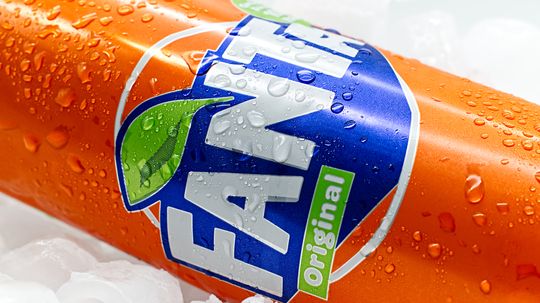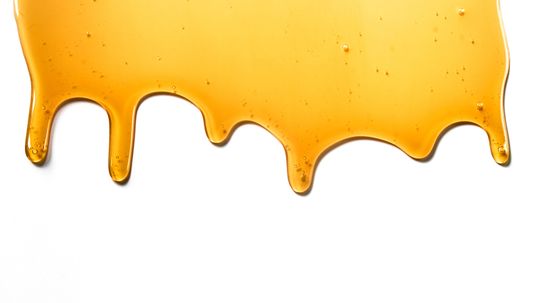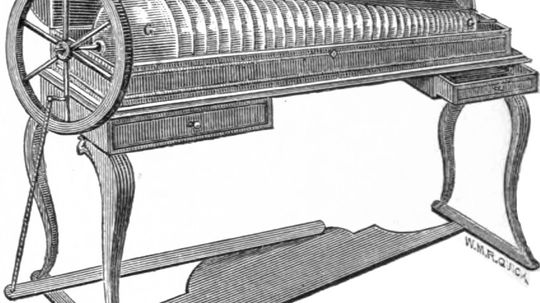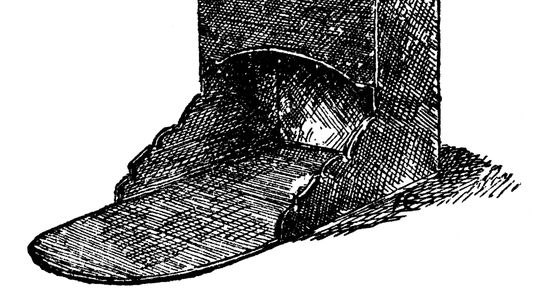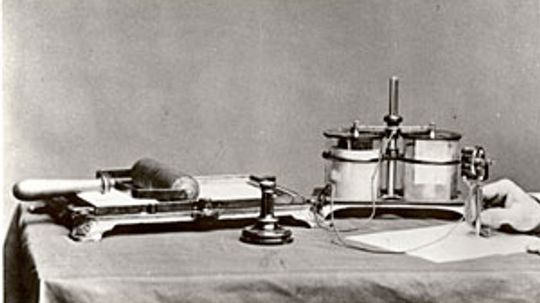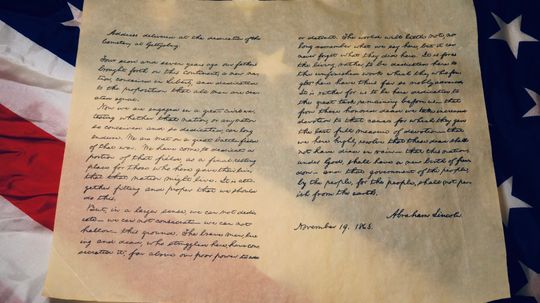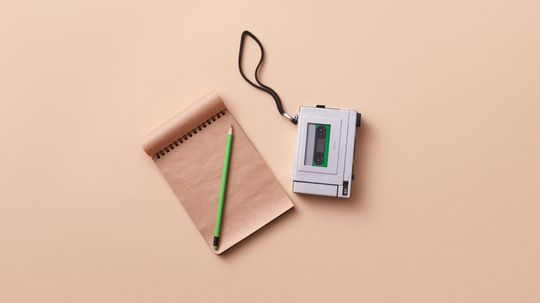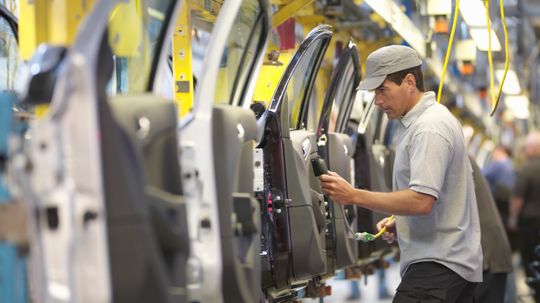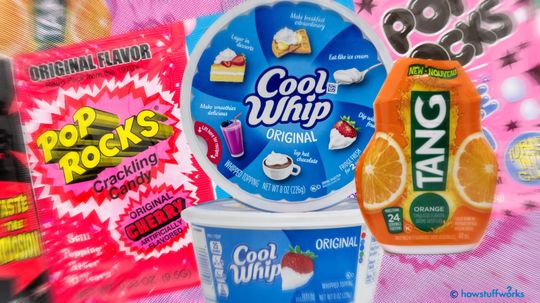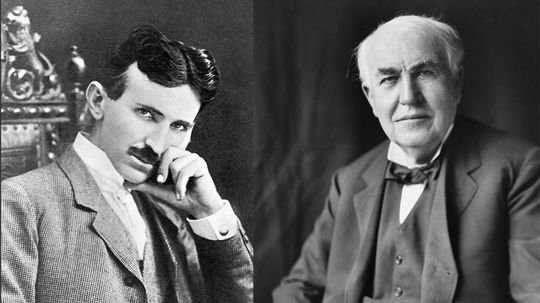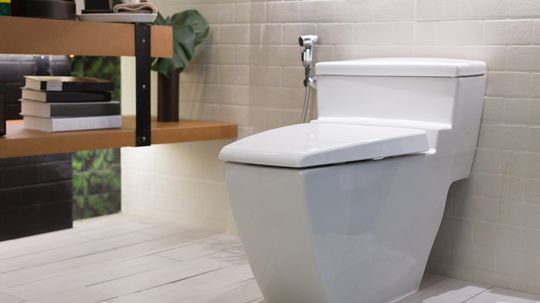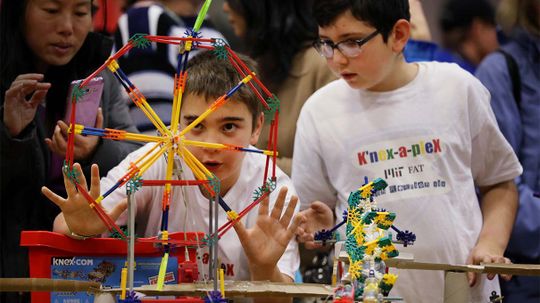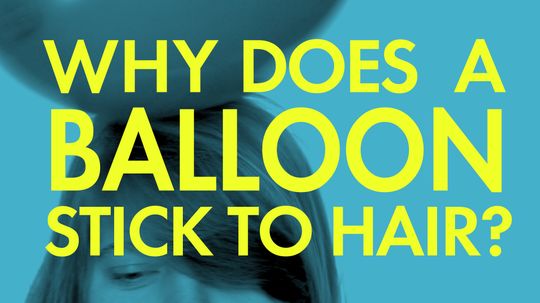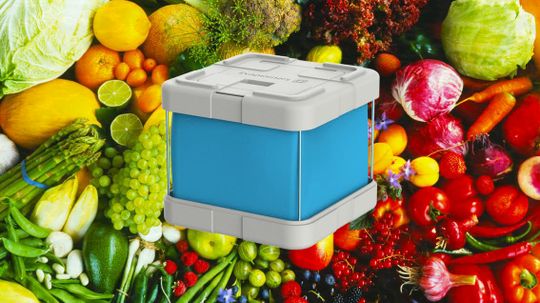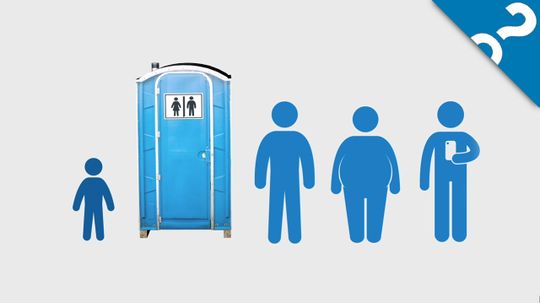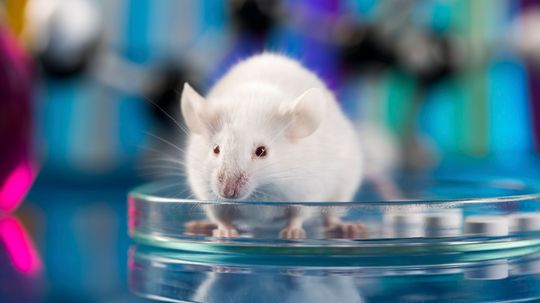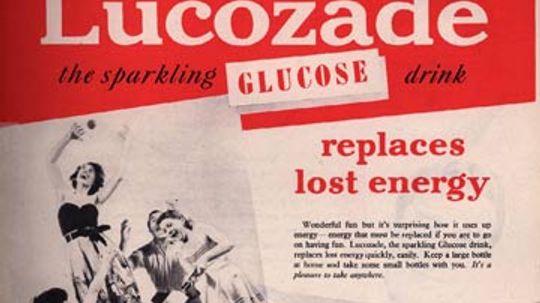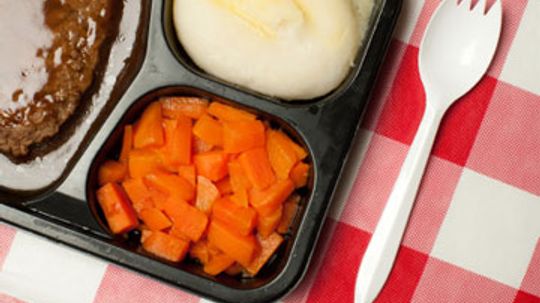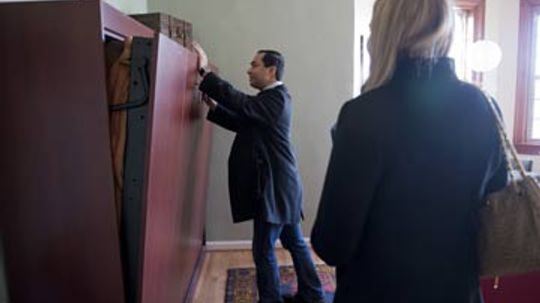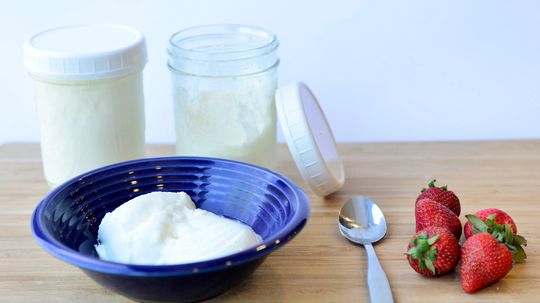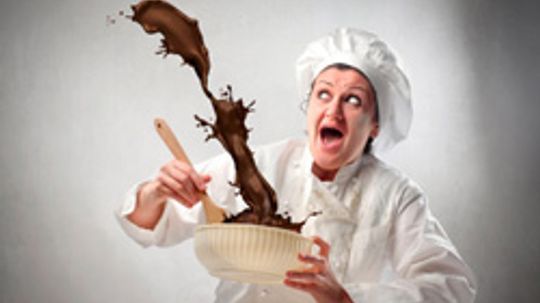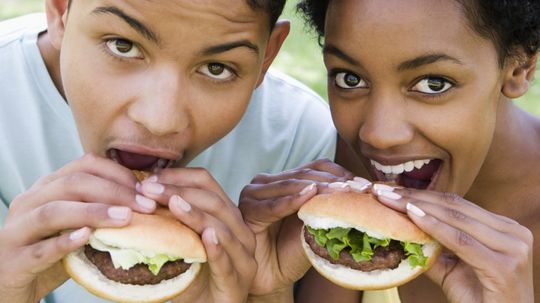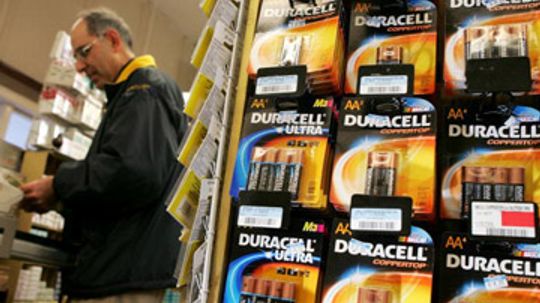Innovation
Do you know how common everyday items, such as mirrors, fireworks or sunglasses work? This collection of Innovation articles explores the workings of objects you may come into contact with on a regular basis.
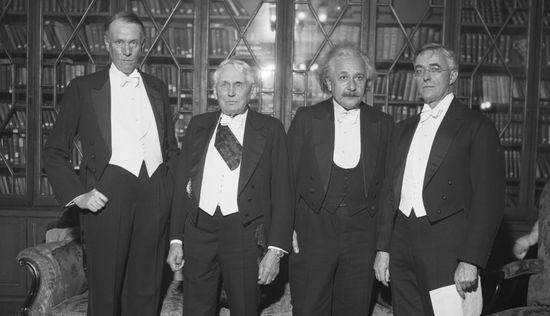
10 Nobel Laureates Whose Work Changed the World
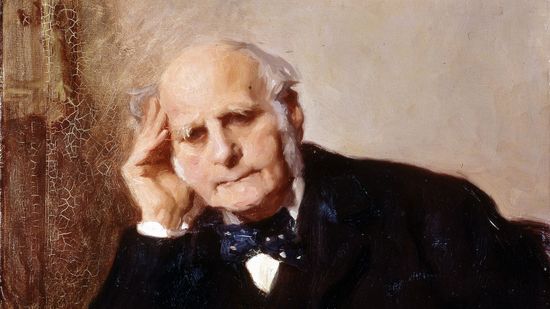
Eugenics Overshadows the Legacy of Scientific Genius Francis Galton
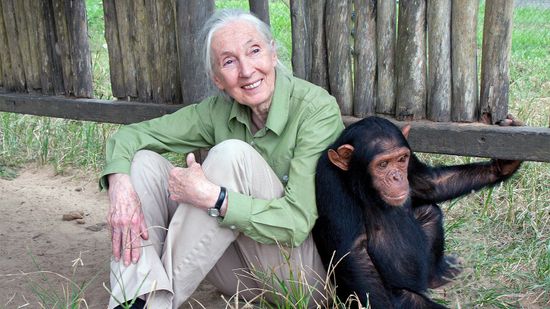
Jane Goodall: A Global Face for Global Peace
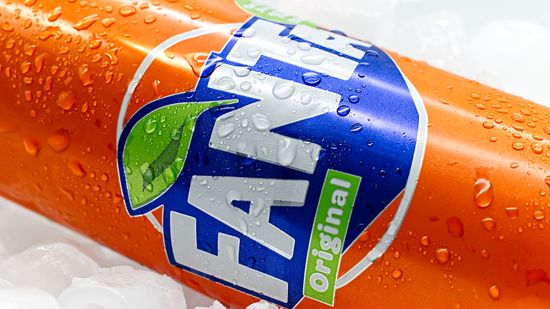
Who Made Fanta? Was It Really the Nazis' Favorite Soda?

'Mad Honey' Comes From Bees That Gather This Specific Nectar

Barrels and Barrels of Aged Beer
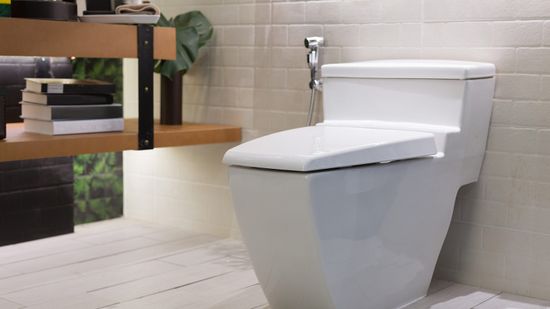
Who Invented the Toilet? A Brief History of the Flush
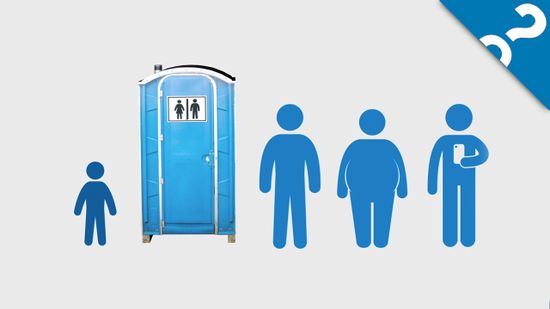
HowStuffWorks: How Porta Potties Work
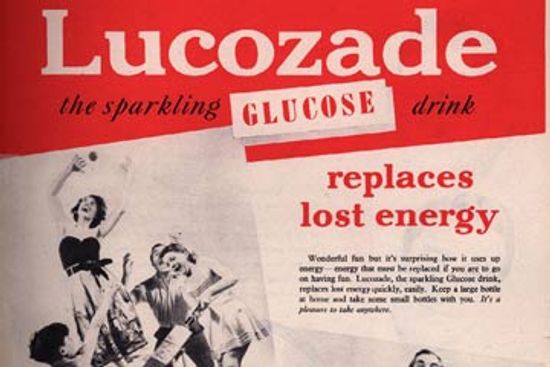
Who invented sports drinks?

Meet the Man Who Invented Cool Whip, Tang and Pop Rocks
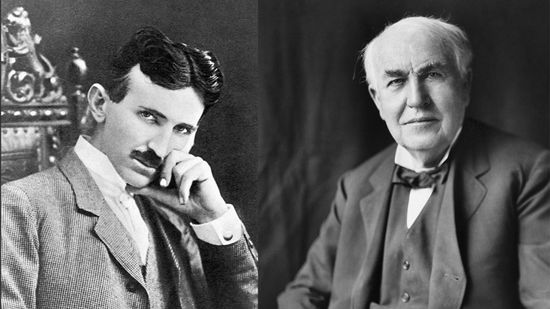
Thomas Edison vs. Nikola Tesla Quiz
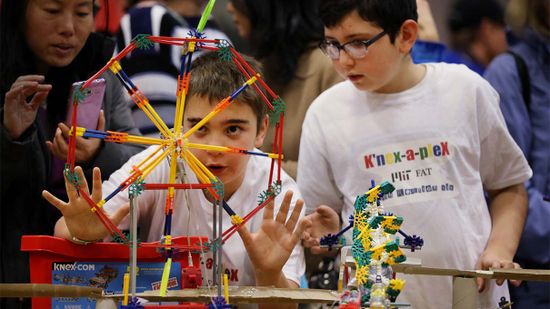
Rube Goldberg: The Man Behind the Ingenious Contraptions
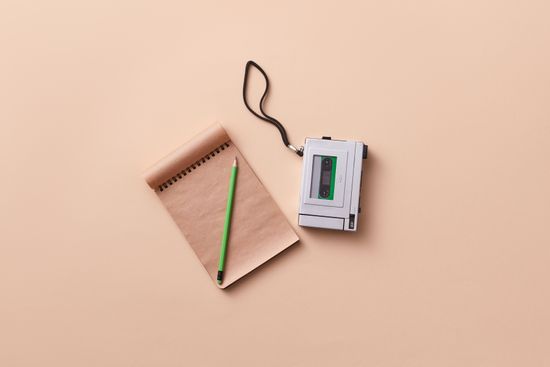
The Evolution of Dictaphones: A Comprehensive History
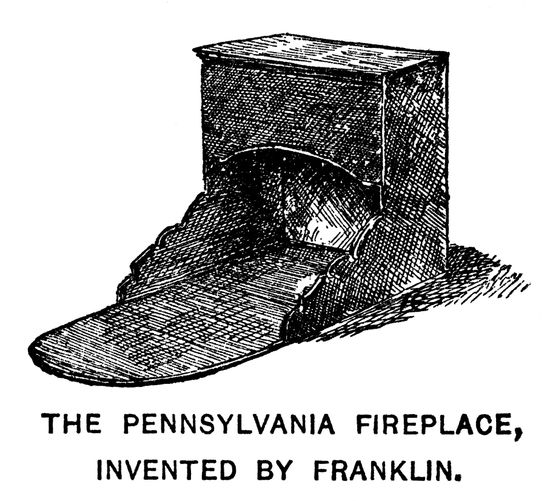
The Evolution of the Franklin Stove: From Invention to Modern Efficiency
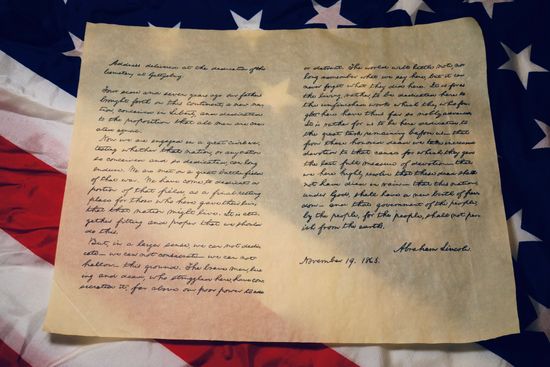
The Fascinating History of the Mimeograph Machine

5 Green NASA Inventions
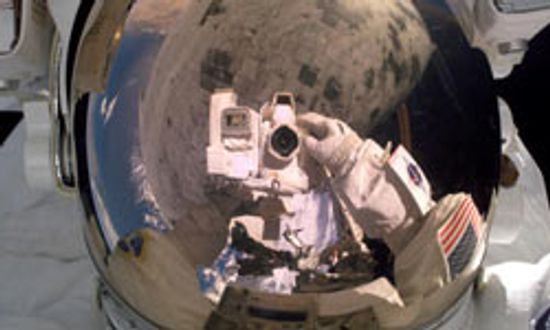
5 Types of NASA Technology in Your Attic
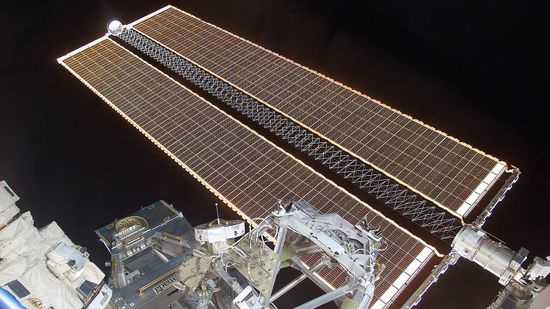
How Has NASA Improved Solar Energy?

How hard is the patent application process?

How to File a Patent
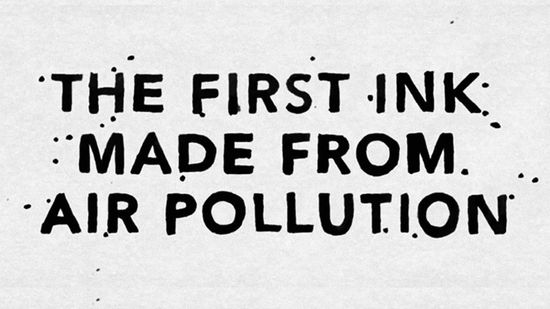
Turning Air Pollution Into Ink
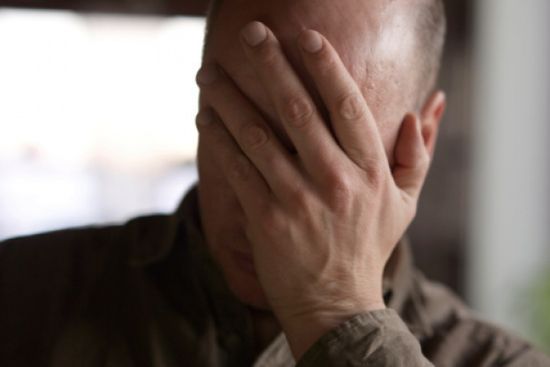
10 New Uses for Old Inventions

How Do QR Codes Work? 2D Barcodes Explained
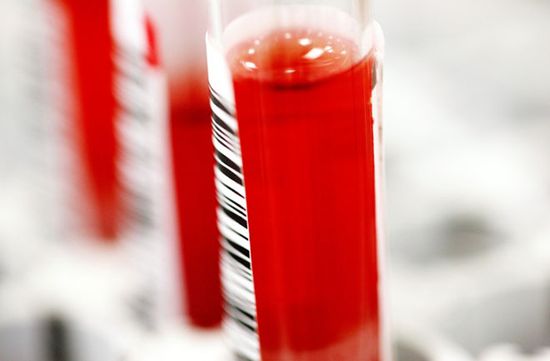
How can a bar code save your life?
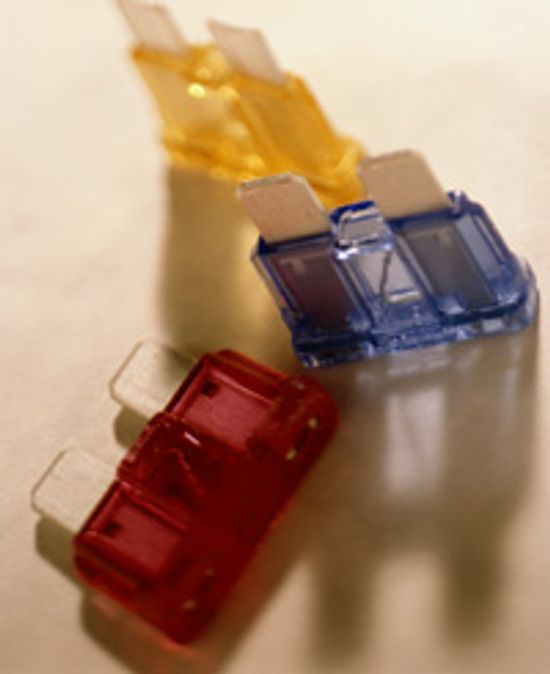
Is it possible to fix a blown fuse with a chewing gum wrapper?
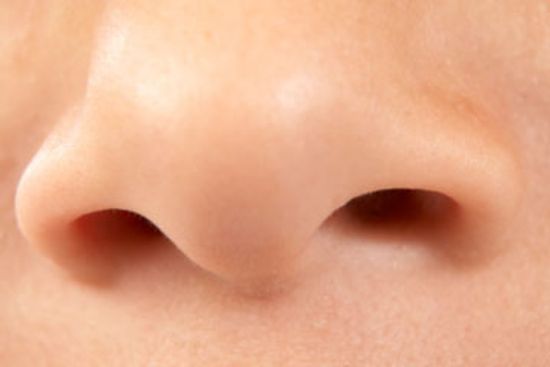
How do scratch-and-sniff stickers work?

10 Oddball Questions Scientists Have Genuinely Tried to Answer
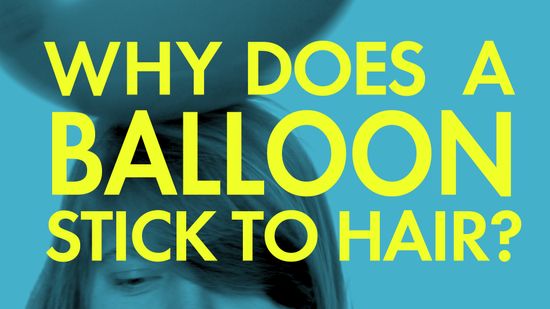
Why does a balloon stick to hair?
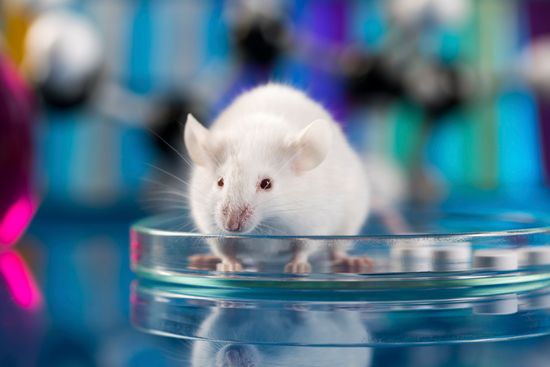
Why Do We Experiment on Mice?
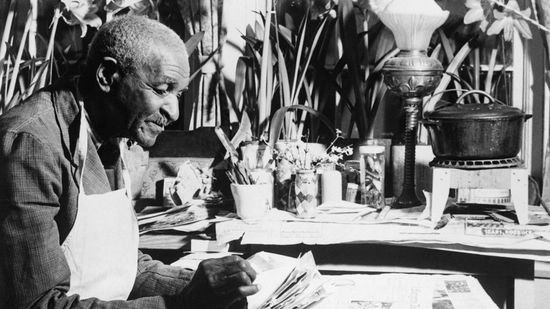
10 Black Scientists You Should Know
Learn More
You probably know about Fanta, the brand of orange soda that's almost guaranteed to be on shelves somewhere in a 10-mile (16-km) radius of where you live. But you might not know that the question of who made Fanta has a shockingly shady answer.
By Zach Taras
There's a peculiar type of honey, called mad honey, that contains a neurotoxin. In small doses, it can cause hallucinations, but in large amounts, the substance can be highly poisonous. Over the centuries, people have used it as a medicinal drug, a recreational drug and even a bioweapon.
By Marie Look
Learn about the Glass Armonica, a unique musical instrument invented by Benjamin Franklin. The glass armonica produces beautiful, haunting sounds by rubbing wet fingers on tuned glass bowls.
By HowStuffWorks
Advertisement
he Revolutionary Heating Invention That Changed America - Franklin Stove. Learn about the history, design, and benefits of this iconic stove.
By HowStuffWorks
The Revolutionary Writing Tool That Made Duplication Easy - Electric Pen. Learn about the history, design, and benefits of this iconic pen.
The Old-School Copy Machine That Revolutionized the Way We Communicate. Learn about the history, design, and benefits of mimeograph
By HowStuffWorks
The Revolutionary Recording Device That Changed the Way We Work - Dictaphone. Learn about the history, design, and benefits of dictaphone.
By HowStuffWorks
Advertisement
The assembly line didn't kick off with Henry Ford and the Model T, but Ford played a big role in changing the landscape of manufacturing forever.
By Yara Simón
The 20th century would have been very different without the contributions of General Foods chemist William A. Mitchell, who tapped into the American appetite for convenience and novelty.
We're talking the science of aging beer with the brewmasters of Sweetwater Brewery.
There's a lot of controversy surrounding the two one-time work colleagues turned bitter rivals. Find out more with our quiz.
Advertisement
"Candy Queen" Jackie Sorkin took her love of sugary sweet candy and turned it into a crazy, colorful world of art and illusions.
Who invented the toilet? While we wish it were so, it wasn't Thomas Crapper. Surprisingly, toilet design hasn't changed much since the first "water closet" patent in the 1500s.
Rube Goldberg, an American cartoonist, became famous for illustrating whimsical, overly complex machines designed to perform simple tasks, now known as Rube Goldberg machines.
HowStuffWorks explains the secrets of static electricity.
Advertisement
Food spoilage is an urgent issue for the millions of people with unreliable electricity - or no electricity at all. A supercool $35 fridge could change that common scenario.
You can find porta-potties at festivals, construction sites and concerts across the planet - but how do they work? Get a closer (non-messy) look here.
Mice are small and reproduce quickly, but they're more than just an animal of convenient size and libido. Mice have some truly special genetic gifts that it doesn't take a scientist to appreciate.
When you think of sports drinks, chances are Gatorade comes to mind. But was it the first one? Or just the beneficiary of clever marketing?
Advertisement
Behold the humble spork! Made of the cheapest plastic and seen mostly at public school cafeterias and fast food chains, it doesn't have an inspiring pedigree. But it's been around for a long time.
Next Thanksgiving when you find yourself sleeping on Aunt Martha's pullout sofa, it might cheer you up to know that the convertible bed has a long, illustrious history.
It's been part of people's diets around the world for centuries, but has recently become a health-food staple. Are you one of the people who seek a little culture every day?
Even in its simplest form, chocolate is a pleasure to eat. But these days, there are some truly quirky chocolate products out there that'll blow your mind - and your taste buds. Click your way through this chocolaty gallery (and try not to drool too much).
By Rachel Frank
Advertisement
Everyone knows what a sandwich is. Most may even know how the snack got its name. But did you know who invented it? That's a tougher question to answer.
Primitive batteries date back a lot longer than you might guess. But when were scientists finally able to produce and store electricity and then use it to create a continuous, controllable current?
